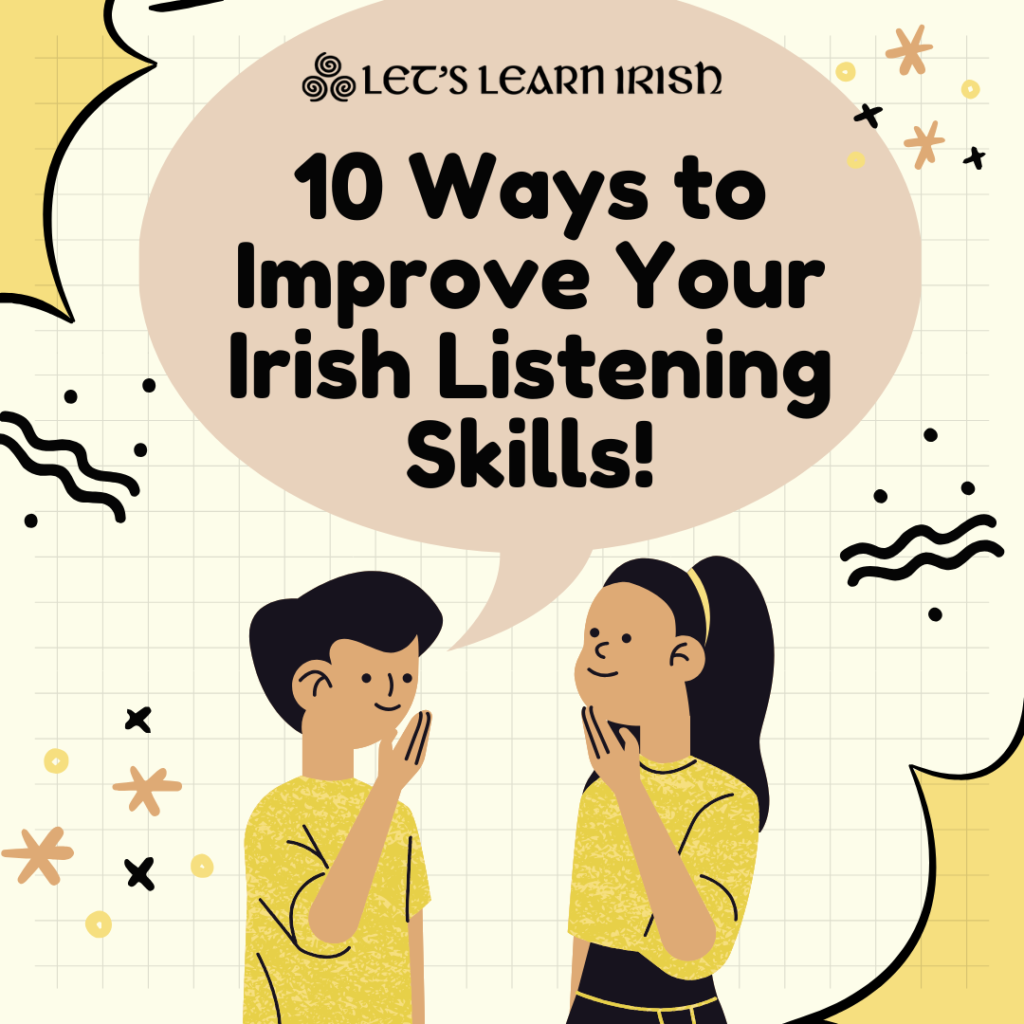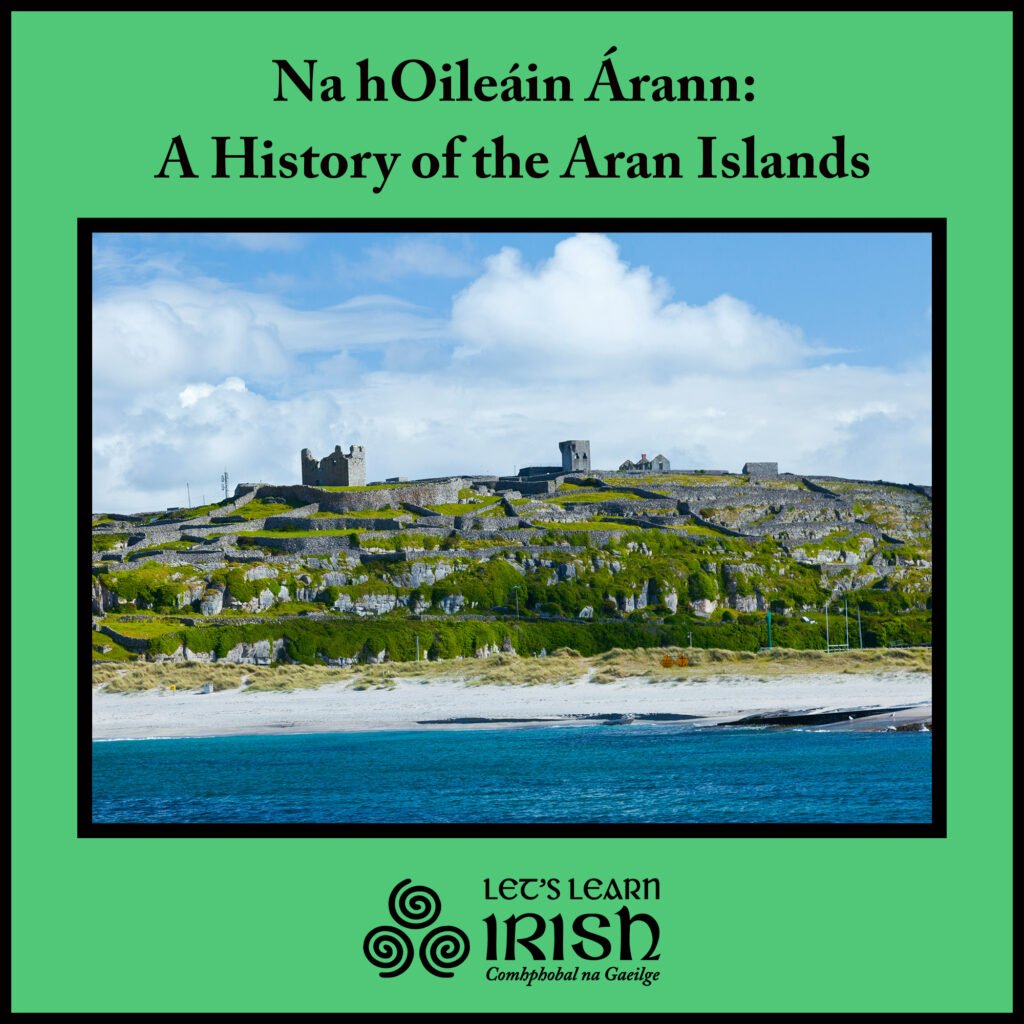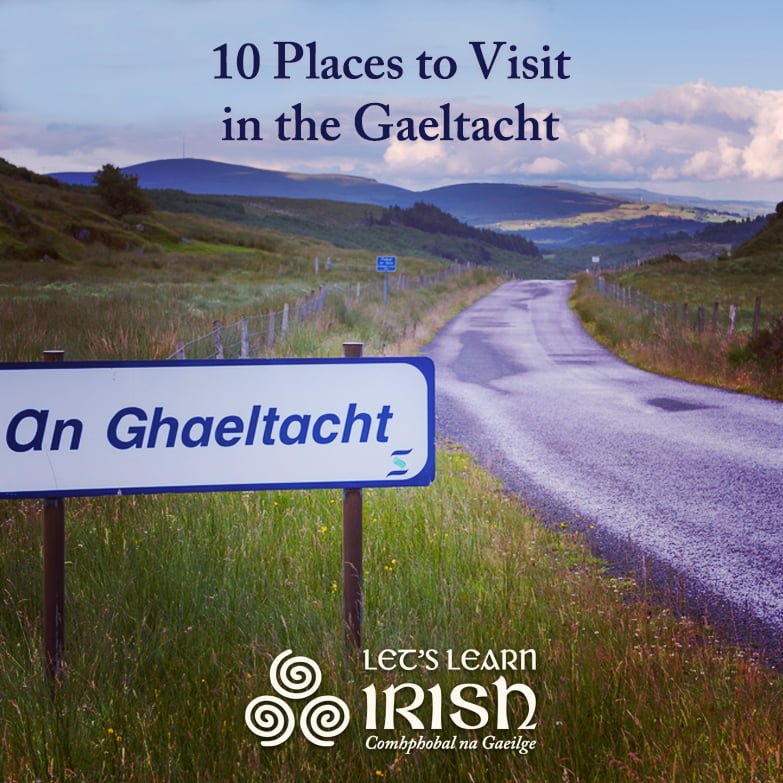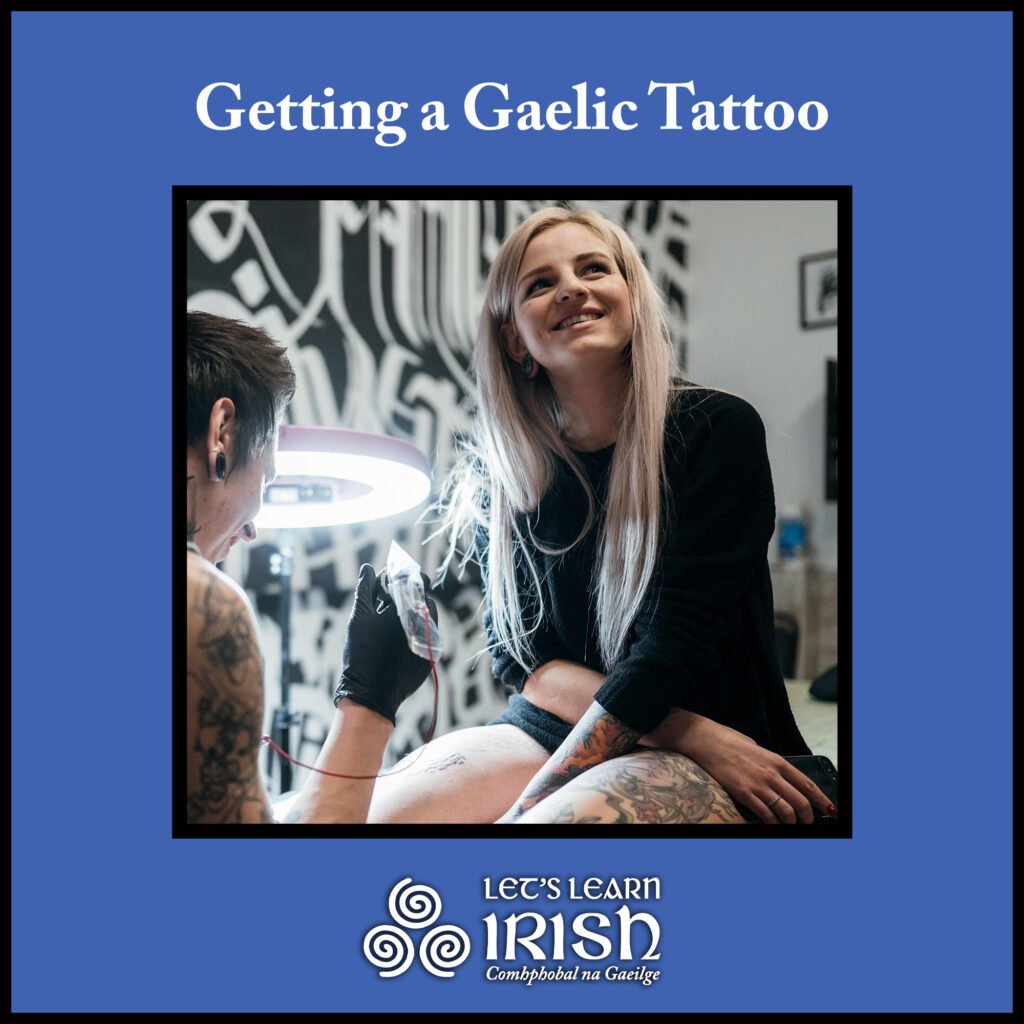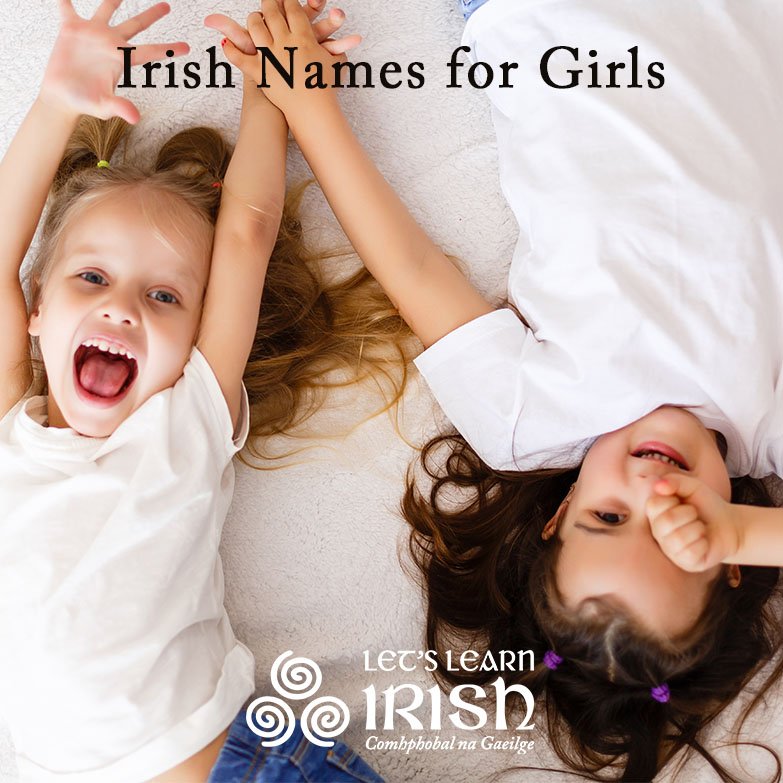So My DNA Test Says I’m Irish?
I was raised in a very proud Italian-American household near New York City. It was assumed that you would you do the Italian things, like supporting the Italian soccer clubs, enjoying your pasta with the family every Sunday, and indeed, marrying an Italian girl. So I did all these things, including marrying my amazing wife in 1992. I have no regrets. If I am being honest with myself, I always felt like I was a visitor or an objective observer in the culture I called my own.
Well fast forward a few decades. In 2016, we moved from New York to Florida. My wife and I decided to take a DNA test to see who was “More Italian”. Six weeks later our results arrived. There were no surprises for my wife, but my results were unexpected. “It says I am Irish”? After a few months of letting it set it, and a few uncomfortable conversations with my family, I began to embrace my new identity…
Taking My First Steps
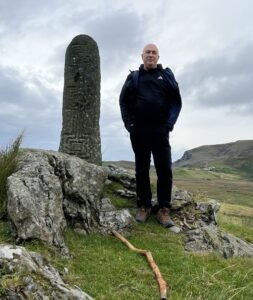 I was determined to learn as much I could about the Irish culture. Other than a few Irish friends, there was no one to help understand what it means to be Irish. An article I was reading one day about the Wild Atlantic Way had a photo of what appeared to be a street sign, “An Ghaeltacht”. I got me thinking that it might be interesting to learn a few Irish words. It always made me jealous that my wife was bilingual so maybe this was my chance? I found some online resources and downloaded Duolingo, and I did a few lessons each day. Having recently retired, with extra time on my hands, a few lessons became an hour or two a day. I soon had a pretty good vocabulary and a new passion.
I was determined to learn as much I could about the Irish culture. Other than a few Irish friends, there was no one to help understand what it means to be Irish. An article I was reading one day about the Wild Atlantic Way had a photo of what appeared to be a street sign, “An Ghaeltacht”. I got me thinking that it might be interesting to learn a few Irish words. It always made me jealous that my wife was bilingual so maybe this was my chance? I found some online resources and downloaded Duolingo, and I did a few lessons each day. Having recently retired, with extra time on my hands, a few lessons became an hour or two a day. I soon had a pretty good vocabulary and a new passion.
I started to meet some fellow learners and speakers on Twitter. We would converse every day, sharing new words, getting assistance from native speakers, and just plainly becoming friends. The Duolingo games were fun, but I quickly learned the limitations.
My First Irish Conversation and Class
Through a twitter post I saw around 2018, I discovered Let’s Learn Irish had some activities on US Time. I signed up for a free class and met Rónán on the first day. It would be the first conversation I ever attempted, if you can even call it that. Rónán asked me, “Ca bhfuil tú”? Yes, I was sweating and yes I was nervous. Nothing came out of my mouth that made any sense. But it did not matter, the teachers and fellow learners were friendly and encouraging. You do not forget these conversations that take place in class or comhrá. That short conversation of “Cá bhfuil tú?” would never be forgotten, and neither would be the hundreds of other words and sentences I heard in classes and comhrá sessions to follow. It truly is a great and encouraging place to learn.
That fall, I registered for A0 Class. You wouldn’t think a person could get to know people on a zoom class but I met some amazing friends in the class. Some come and go, but the core of us are still together in B1 class all these years later. I would play the Quizlets (course audio files) in the car or at my desk all week leading up to the next class. Repetition is the key: hear it, say it, write it. To this day, when I speak, I hear Múinteoir Quinton’s voice in my head guiding me, always with a bit of his humor.
Agus Anois…
Since starting this journey, I have been to Ireland a few times, attended an immersive learning course in the Gaeltacht, and even taken the TEG exams in Washington DC. More than just picking up a new language, this experience has connected me to a deeper sense of culture, history, and identity. I’ve found that speaking Irish allows me to see Ireland not just as a place or my heritage, but as a living expression of stories, songs, and ways of seeing the world that are uniquely its own. There’s a quiet magic in understanding a phrase or poem in its original language—something gets unlocked that translation can’t quite carry.
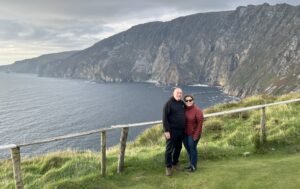 I’ve also gained a strong sense of community—fellow learners, native speakers, teachers, and friends who all share a passion for the language. The encouragement and camaraderie within this community have been invaluable. Every milestone, from attending my first workshop, to attending classes, to passing the TEG exams, has felt like a shared celebration.
I’ve also gained a strong sense of community—fellow learners, native speakers, teachers, and friends who all share a passion for the language. The encouragement and camaraderie within this community have been invaluable. Every milestone, from attending my first workshop, to attending classes, to passing the TEG exams, has felt like a shared celebration.
Learning Irish is challenging, yes—but it’s also joyful, meaningful, and deeply rewarding. It’s something I’ll continue to explore, not only as a language but as a lifelong connection to something beautiful and enduring. Learning Irish has given me an entirely different perspective on the world, and some great friends along the way…céard eile a d’fhéadfadh a bheith ag teastáil uait/what more could you possibly want?!
Bígí páirteach!
Join the online Irish community at LetsLearnIrish.com.
Follow on social media @LetsLearnIrish.

